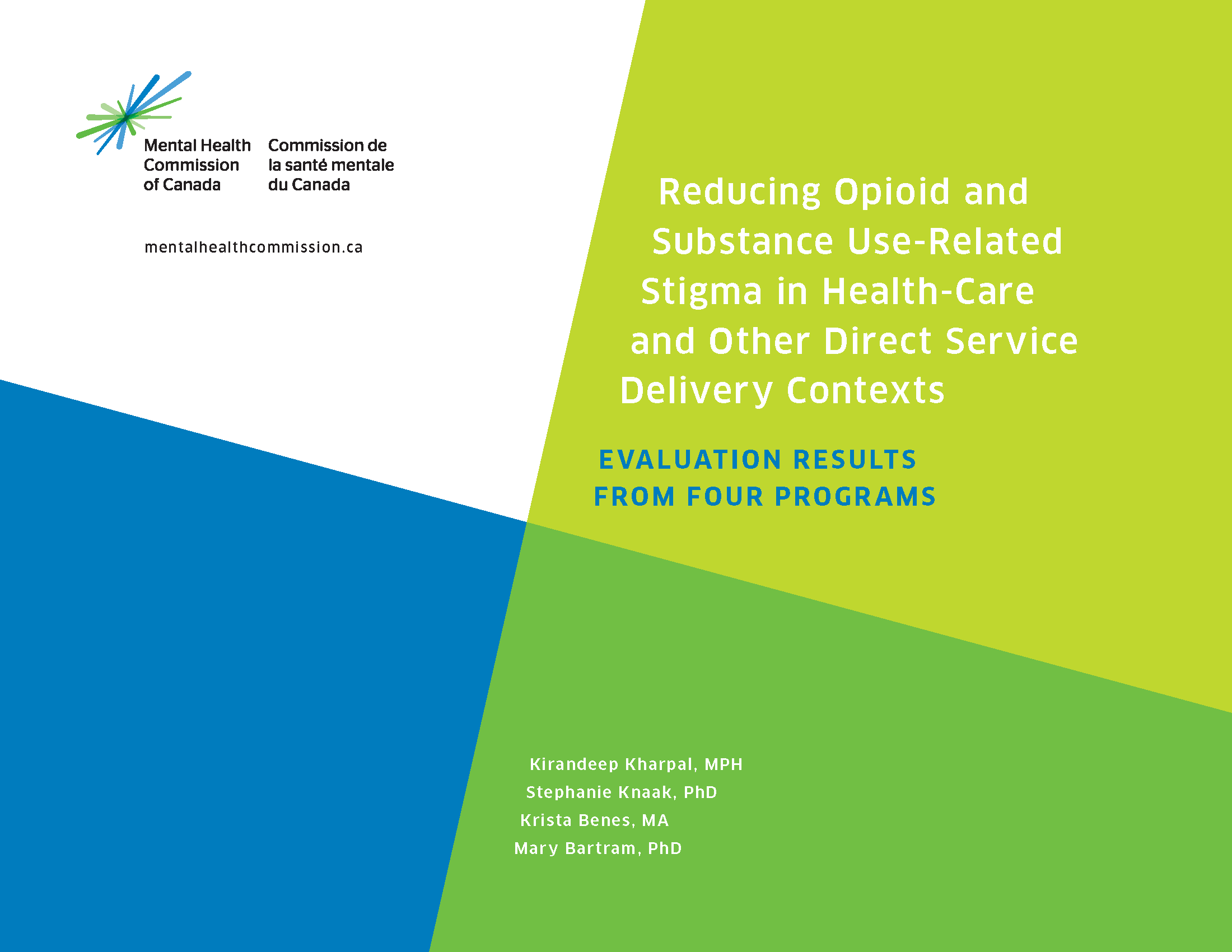If you are in distress, you can call or text 988 at any time. If it is an emergency, call 9-1-1 or go to your local emergency department.
- Public Resources, Reports
Create an effective suicide prevention awareness campaign
This resources was published in 2020. The data may be out of date. Suicide is a complex and sensitive topic. Stories of suicide deaths or hopeless, demoralizing messages can in some cases increase suicide rates. On the other hand, stories about people who overcome such a crisis can result in lower rates of suicide. Just like cardiovascular health campaigns emphasize diet and exercises, rather than heart attacks, effective suicide prevention campaigns focus on promoting mental health and resiliency, encouraging help seeking and community dialogue, and reducing stigma. When you need to discuss suicide, keep the following strategies in mind: Where to focus: What to avoid: How to share your message: Dr. Sinyor, Associate Professor at the Sunnybrook Health Science Centre’s Department of Psychiatry, University of Toronto, provided permission to adapt much of the information in this handout.
- Public Resources, Reports
Create an effective suicide prevention awareness campaign
Create an effective suicide prevention awareness campaign
- Recovery, Stigma, Suicide Prevention
This resources was published in 2020. The data may be out of date. Suicide is a complex and sensitive topic. Stories of suicide deaths or hopeless, demoralizing messages can in some cases increase suicide rates. On the other hand, stories about people who overcome such a crisis can result in lower rates of suicide. Just like cardiovascular health campaigns emphasize diet and exercises, rather than heart attacks, effective suicide prevention campaigns focus on promoting mental health and resiliency, encouraging help seeking and community dialogue, and reducing stigma. When you need to discuss suicide, keep the following strategies in mind: Where to focus: What to avoid: How to share your message: Dr. Sinyor, Associate Professor at the Sunnybrook Health Science Centre’s Department of Psychiatry, University of Toronto, provided permission to adapt much of the information in this handout.![]()
SHARE THIS PAGE
RELATED

Review our Assessment Framework for Mental Health Apps — a national framework containing key standards for safe, quality, and effective mental health apps in Canada.

To help expand the use of e-mental health services, we developed four online learning modules based on our Toolkit for E-Mental Health Implementation, in collaboration with the Centre for Addiction and Mental Health (CAMH).

Stepped Care 2.0© (SC2.0) is a transformative model for organizing and delivering evidence-informed mental health and substance use services.

